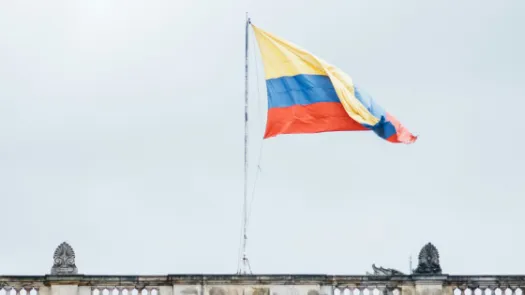Protecting Civic Spaces
Imagine that every time you want to attend a march, religious event, political meeting, protest, or public rally, you must share deeply personal information with police and intelligence agencies, even when they have no reason to suspect you of wrongdoing.
The current unregulated uses of surveillance technologies in civic spaces violate peoples’ right to privacy and can hinder their ability to freely communicate, organise, and associate with others. The right to privacy thus supports other fundamental rights and freedoms of democratic societies, including: the right to equal participation in political and public affairs, and the freedoms of opinion, expression, peaceful assembly, and association. Privacy creates spaces for people to develop and debate ideas and exercise these rights and freedoms. In private spaces, members of minority groups who may fear discrimination or harassment on the basis of their ethnicity, race, religion, sexual orientation, or gender identity can be empowered to express their opinions and cooperate to advance objectives that may be overlooked by majority groups.



